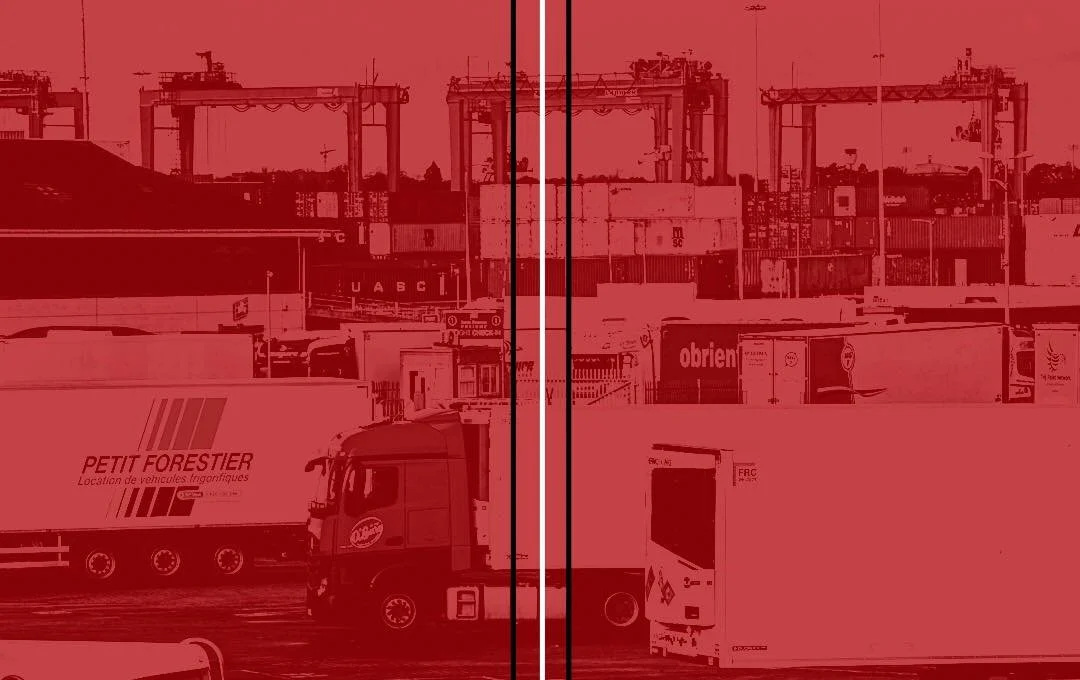Truck Drivers Must Be Paid More For The Critical Work That They Do
The recent reports of shortages of truck drivers has highlighted the poor working conditions many in this industry face. The shortage of drivers has resulted in supply issues in Britain, but is also becoming a significant issue here in Ireland.
The Road Haulage Association (RHA) has identified it as a problem and is threatening protest actions to address this, as well as attempts to reduce carbon emissions.
Notably, however, the working conditions of drivers are not addressed in the frequent media outings of the RHA president, Eugene Drennan.
Rather, similar to the hospitality industry, Drennan links the problem to drivers remaining on the Pandemic Unemployment Payment as opposed to the pay and conditions offered to drivers . As with the hospitality industry, this fantasy doesn’t stand up to analysis.
While, on the face of it, pay levels appear reasonable in the industry, working hours are both extremely long and anti-social. Frequently, drivers are not paid for the long hours spent either preparing for journeys or waiting in line at customers and ports, especially in the current situation where there is a shortage of drivers. So, wage theft is widespread and any type of family life becomes near impossible as 60-hour weeks become the norm.
The attack on truck drivers’ term and conditions can be traced back to an 18-month strike at Nolan Transport in Wexford in the 1990s, which was broken by attacks on the union by the twin forces of the employer and the courts.
John Nolan of Nolan Transport was subsequently heavily involved in the RHA, where he served alongside Verona Murphy, who was president until 2019.
Verona Murphy during her tenure as president of the Road Haulage Association was very vocal about many issues, but the pay and conditions of truck drivers wasn’t one of them.
Murphy is now an Independent TD for Wexford and has also made outings on mainstream media lamenting the lack of drivers. Of course, she fails to mention that terms and conditions in the industry might also be a problem, despite her crucial role in implementing these through the RHA.
One of the few companies in the sector to recognise trade unions, Keelings, lost a contract to Tesco in 2010, with the result that drivers were transferred to a company that does not recognise unions, Stobart. Within two years, SIPTU members were on strike at Stobart over working hours and health and safety concerns.
So, this is not a new problem and the RHA, far from planning on addressing it, have been central in creating the shortage of drivers. Unionisation of drivers across the sector is the only way that workers concerns can be met and the shortage issues resolved. Unionisation remains the best way for truck drivers to win the better wages and conditions that their critical work deserves.


